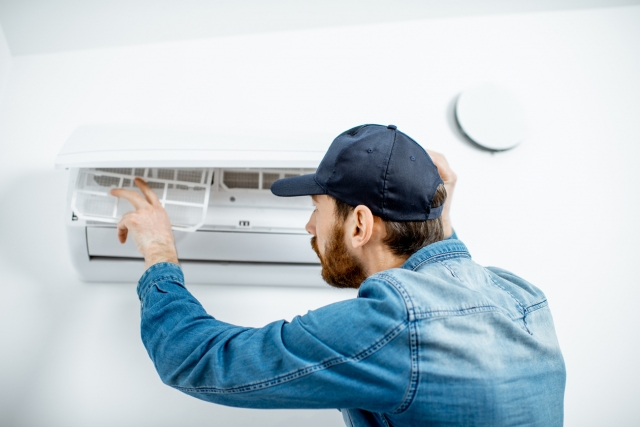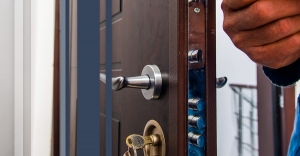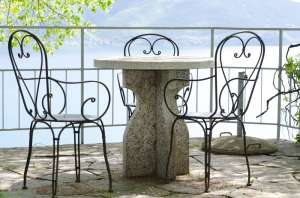Your air conditioner is one of your most important appliances. Not only does it keep you cool in the summer, but it circulates the air and keeps your home healthy. If you don’t take care of your air conditioner, it can break down and cause a wide range of other issues in your home. However, many homeowners don't know what to do if their HVAC system begins to malfunction. The good news is that there are plenty of resources that can teach you what to do if you experience common problems like your air conditioner overheating. If you want to learn more, keep reading to find out about some of the symptoms of air conditioner overheating.
What are the symptoms of air conditioner overheating?
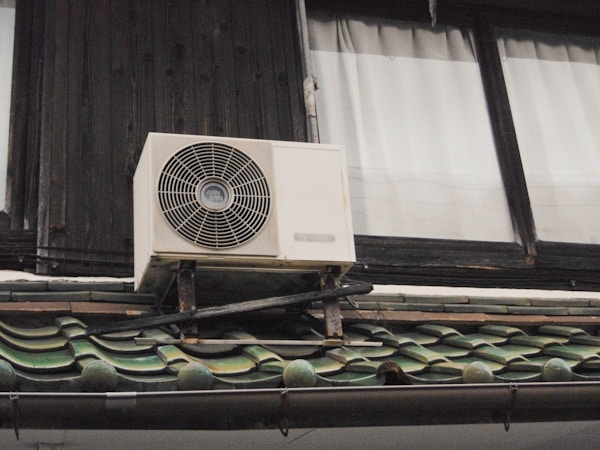
There are specific warning signs of your air conditioner overheating that you need to look out for. Overheating can be caused by a variety of factors, including blocked air filters, dirty coils, or low refrigerant levels. If your air conditioner is overheating, you have to take action to prevent further damage. Symptoms of overheating can include the AC unit turning off unexpectedly, the AC unit running but not cooling the room, the AC unit making strange noises, and the AC unit releasing a burning smell. If you experience any of these symptoms, please call a technician to investigate and repair the issue.
Proper maintenance can be beneficial if you want to avoid issues like this entirely. Your air conditioning unit is a major investment and it is crucial to properly maintain it in order to prevent problems like it overheating. Some things you can do include cleaning the coils and changing the filters regularly. Experts recommend changing them at least once every 90 days, but many homeowners opt to change theirs on a monthly basis for maximum efficiency. You should also always have your HVAC unit serviced at least once a year. A professional can check for any potential red flags and correct them before they turn into costly breakdowns.
The lifespan of the average HVAC system depends on many factors, including the make and model of the unit, how well it has been maintained, and the climate where it is located. On average, an HVAC system will last for 10 to 12 years. However, this number can vary greatly depending on the factors mentioned above.
How else can you keep your home cool?
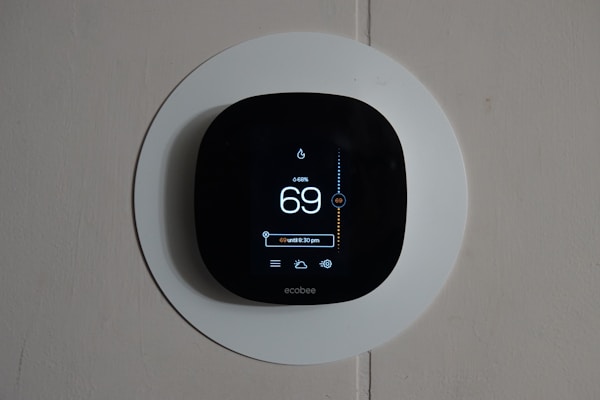
Windows are an integral part of any house, and it’s crucial to make sure they are in good condition. Cracks and crevices in your windows can let in warm air, moisture, and pests in the summer. This can make your home uncomfortable and lead to property damage. If you have any cracks or crevices in your windows, you should seal them as soon as possible. You can use a sealant or caulking to fill in the cracks and crevices. This will help keep your home cool in the summer, and it will also keep out pests. If you find that you have severe damage to your windows, you may need to invest in professional repair or replacement.
A smart thermostat is a valuable investment for homeowners, as it will give you more precise control over your indoor temperature. Additionally, by upgrading to a smart thermostat, you can save money on your monthly energy bill. Smart thermostats are programmable, which means you can customize them to meet your specific needs. They can also be controlled remotely, so you can adjust the temperature even when you’re not home. Smart thermostats are Wi-Fi enabled, so they can connect to your home’s network, which allows them to receive updates and programming changes automatically.
Air conditioners are necessary for the summer weather, but when they overheat, they can be a serious hazard. You need to address the issue immediately if your air conditioner is overheating. Some common causes of air conditioner overheating are clogged filters, a dirty coil, low refrigerant levels, and a fan that's not working properly. You should call a technician to inspect the unit, as overheating can cause serious damage to the air conditioner. You can make your entire system more efficient with a few other changes like sealing your windows and upgrading to a smart thermostat. Follow the tips in this article and you'll be comfortable at home all year round.
